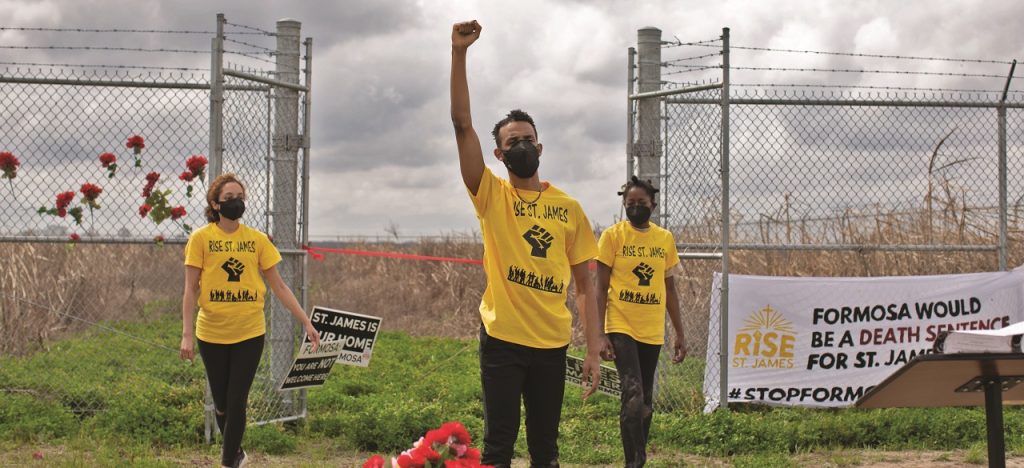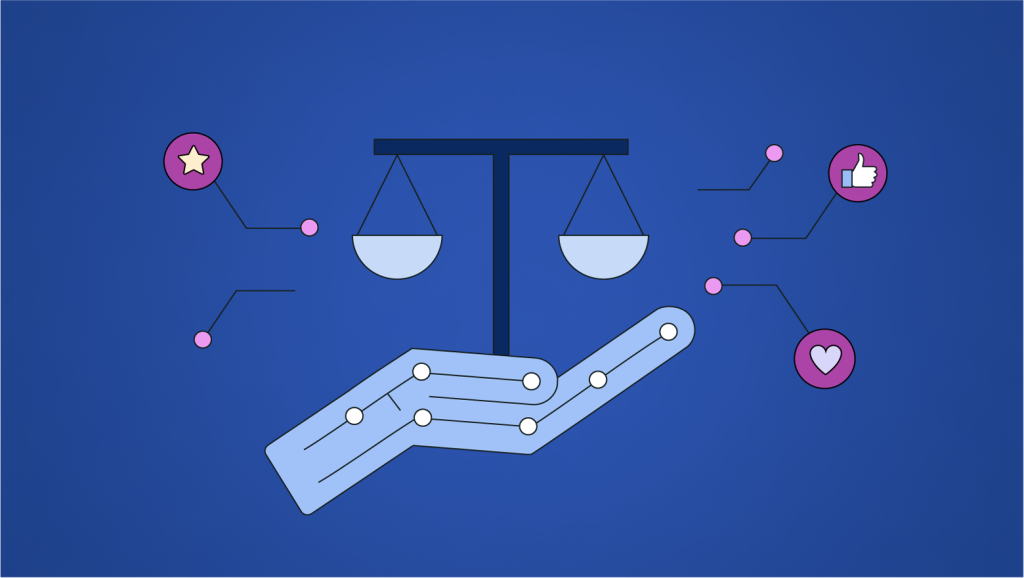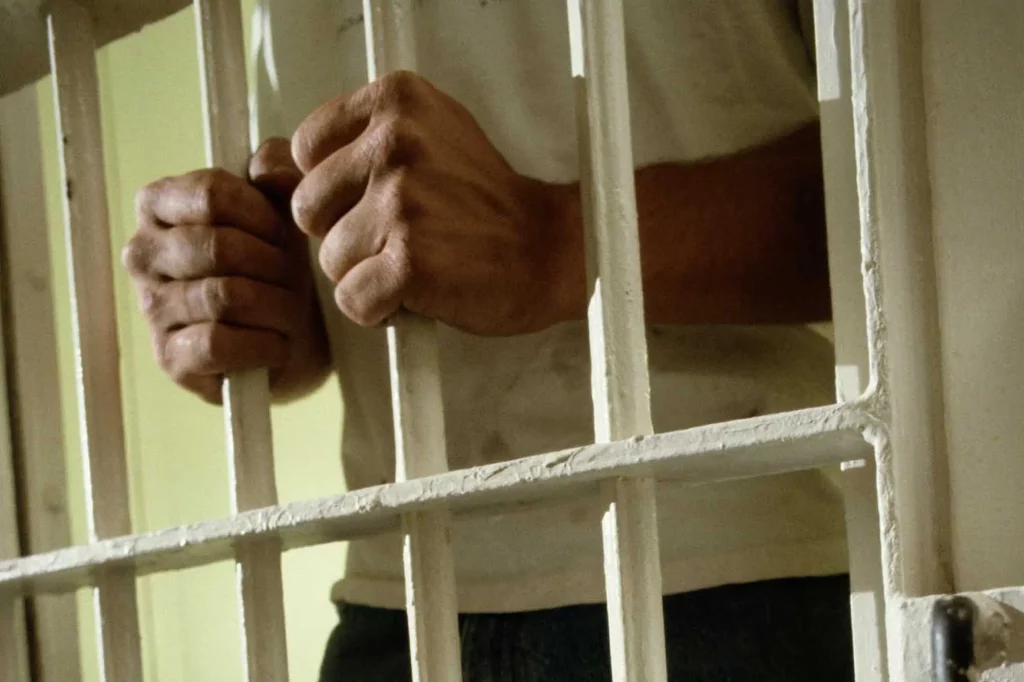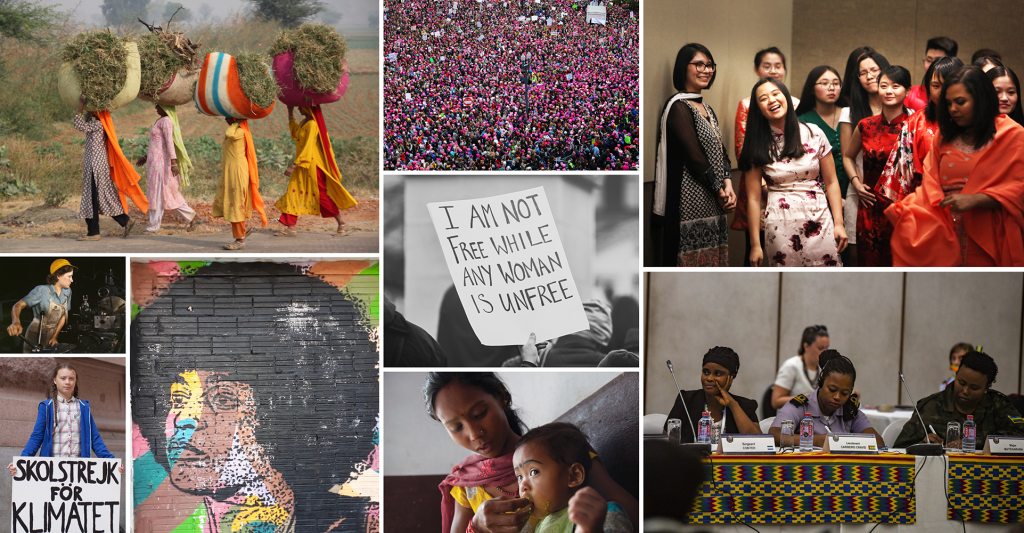The Fight Against Human Trafficking: Legal, Social, and Humanitarian Approaches.

Introduction
Human trafficking is a grave violation of human rights, affecting millions of individuals globally. This complex issue encompasses forced labor, sexual exploitation, and the trafficking of minors. Addressing human trafficking requires a multi-faceted approach combining legal frameworks, social activism, and humanitarian aid. This article explores these approaches in detail and emphasizes their significance in combating this global crisis.
Understanding Human Trafficking
Human trafficking involves the illegal trade of individuals for exploitation purposes. It is the second-largest criminal industry worldwide, generating billions of dollars annually. Victims often face physical, emotional, and psychological abuse, making their recovery and reintegration challenging.
Legal Approaches to Combat Human Trafficking
- International Laws and Protocols:
The United Nations Protocol to Prevent, Suppress, and Punish Trafficking in Persons is a cornerstone in international anti-trafficking efforts. It provides guidelines for countries to combat trafficking effectively. - National Legislations:
Governments worldwide have enacted laws to penalize traffickers and protect victims. For instance, the Trafficking Victims Protection Act in the U.S. sets stringent measures to prevent trafficking and prosecute offenders. - Law Enforcement Training:
Educating law enforcement agencies helps them identify and handle trafficking cases with sensitivity and efficiency. - Cross-Border Collaboration:
Trafficking often transcends borders, necessitating international cooperation for investigation and prosecution.
Social Approaches to Eradication
- Raising Awareness:
Public awareness campaigns educate communities about the signs of trafficking and how to report it. - Community Vigilance:
Empowering local communities to act as watchdogs helps in identifying and preventing trafficking activities. - Educational Programs:
Providing education, particularly to vulnerable groups, reduces the risk of individuals falling prey to traffickers. - Engaging Non-Governmental Organizations (NGOs):
NGOs play a pivotal role in providing resources, legal aid, and rehabilitation for victims.
Humanitarian Efforts in Fighting Trafficking
- Rescue Operations:
Dedicated organizations work tirelessly to rescue victims from exploitative conditions. - Rehabilitation Services:
Comprehensive care, including counseling, medical aid, and vocational training, is essential for victim recovery. - Economic Empowerment:
Providing job opportunities and financial assistance helps survivors rebuild their lives. - Advocacy for Policy Changes:
Advocacy groups push for stronger policies and resources to combat trafficking effectively.
Challenges in Addressing Human Trafficking
Despite these efforts, combating human trafficking faces numerous challenges, including:
- Corruption in law enforcement and judiciary systems.
- Lack of sufficient resources and funding.
- Difficulty in identifying victims due to the clandestine nature of trafficking.
- Cultural and societal stigmas attached to survivors.
Legacy and Impact of Anti-Trafficking Efforts
The collective efforts of governments, organizations, and individuals have saved countless lives and raised awareness. Campaigns like the “Blue Heart Campaign” have brought global attention to the cause. However, sustained efforts are crucial to achieving a world free of human trafficking.
Lessons Learned and Future Directions
- Collaboration between nations and sectors is vital for impactful results.
- Strengthening legal systems and increasing penalties can deter traffickers.
- Prioritizing survivor rehabilitation ensures long-term recovery.
- Technology and innovation should be harnessed to track and combat trafficking networks.
Conclusion
Human trafficking is a crime that challenges humanity’s moral fabric. By employing robust legal frameworks, empowering social initiatives, and extending humanitarian aid, the global community can take decisive steps towards eradicating trafficking. Each action, no matter how small, contributes to the larger fight for human dignity and freedom.










